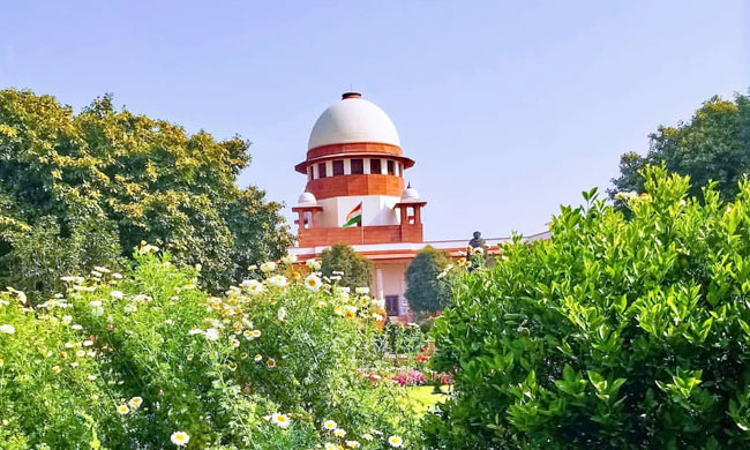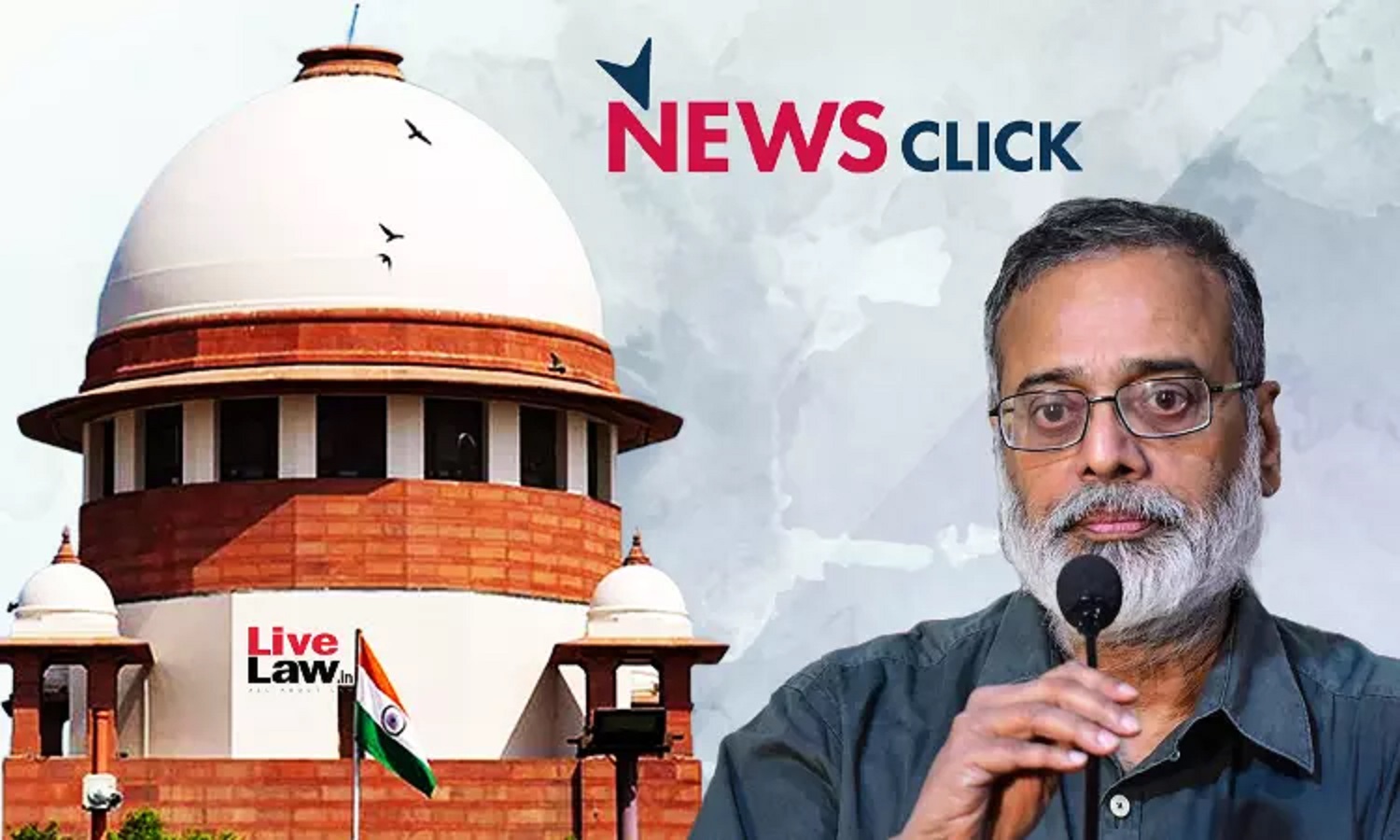- The Indian Constitution is the basic building block governing the direction with which the country is envisaged to surge ahead by the legislature, the executive, and the judiciary is known to us. The three inalienable pillars of the Constitution ensure our rights are protected and interpreted as guaranteed and provide us a clear demarcation vis-à-vis the citizenship right as enshrined. The judiciary’s role is to uphold those rights within the ambit of the Constitution and step into redress/address/grant relief whenever citizens are found at the wrong end of the law. The laws are promulgated and passed by the Parliament within the ambit of the Constitution and should be primarily meant to act as a deterrent.

PC:
- No civilized country can bank on draconian laws that simply suppress citizens’ fundamental rights. Thus, following the due course of law assumes paramount importance. However, the police are found to be transgressing on their rights more often leading to the aggrieved individual approaching the judiciary for relief. We in India know that the highest court of the land – the Supreme Court – always renders hope/relief as a last resort. The Apex Court had to step in recently reiterating the paramount importance of procedural safeguards that flow from the Constitution to ensure arrests are not arbitrary. In Prabir Purkayastha (NewsClick founder) vs State (NCT of Delhi), the arrest, a subsequent remand order, and also an order of Dehli HC were quashed.
- The reason, because of the failure to follow due process. Purkayastha was ordered to be released on a technicality. For the uninitiated, Article 22 of the Constitution provides safeguards when it comes to arrests. SC said the right to life and personal liberty is the most sacrosanct fundamental right. All the guardrails when it comes to arrests flow from this fundamental right. The bone of contention in the instant case was that the appellant was not given the grounds of arrest in writing before remand. SC observed that everyone has a fundamental and statutory right to be informed about the grounds of arrest in writing. This principle applies regardless of the law invoked to make the arrest. Hence, yesterday’s judgment drove home the below point quite clearly.

PC: LiveLaw
- Thus read the judgment – it has been the consistent view of this court that the grounds on which the liberty of a citizen is curtailed must be communicated in writing. The purpose of ensuring that the details are communicated in writing is to allow the accused an opportunity to oppose remand and seek bail. In the absence of formal communication, the accused is at a disadvantage. SC’s order highlighted those arrests had to be preceded by a detailed investigation. It explained that grounds of arrest encompass details with an investigating officer. It’s these details that form the basis of an arrest. When these details are not communicated formally to an accused before remand, there’s room for arbitrariness. The statutory safeguards cannot be diluted. This is the basis of the rule of law. This must be upheld at all time by the law enforcement agencies.






